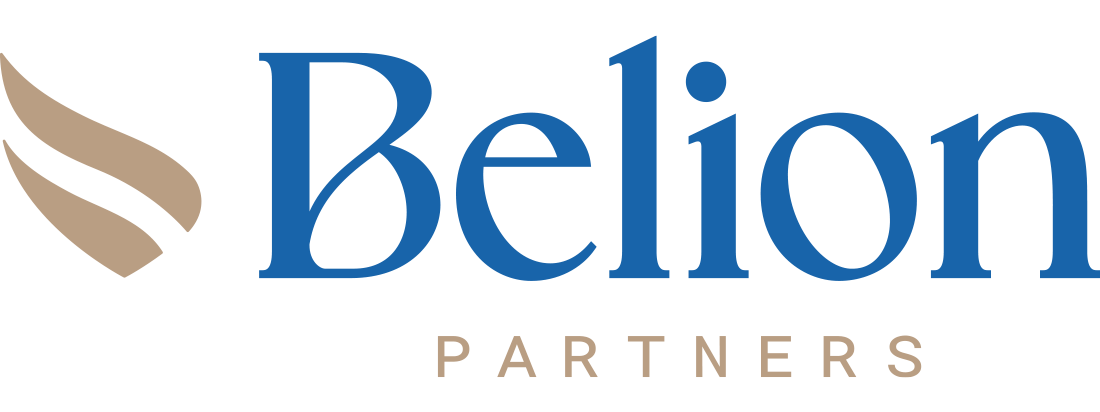Portugal Taxation of Business Income
The corporation tax rate in Portugal is 21% on the net profit of a business, plus surtaxes that may apply. Portugal has a participation-exemption regime and allows for a credit for foreign tax. Tax incentives apply to certain types of businesses
Disclaimer: The overview that follows is a generic summary is relation to which Belion firms make no representations or warranties. It is not advice, should not be treated as such, and you must not rely on it as an alternative to legal advice or to the relevant legislation.
Tax Residence and Liability to Income Tax Portugal
Taxable resident entities are corporate bodies having their registered office address or their effective place of management in Portugal, and they are generally subject to Portugal's corporation tax on their worldwide net profits.
Non-resident entities having a permanent establishment in Portugal are liable to Portugal corporation tax on the net profit of said establishment, but not otherwise (after-tax profits distributed by the permanent establishment are not subject to further taxation). A non-resident business is deemed to have a permanent establishment in Portugal if it has a fixed place of business in the country (a branch, an office or a construction site) or acts through a resident dependent agent. Non-resident entities having no permanent establishment in Portugal are only taxed on Portugal-sourced income.
Tax Residence and Liability to Income Tax Portugal
Taxable resident entities are corporate bodies having their registered office address or their effective place of management in Portugal, and they are generally subject to Portugal's corporation tax on their worldwide net profits.
Non-resident entities having a permanent establishment in Portugal are liable to Portugal corporation tax on the net profit of said establishment, but not otherwise (after-tax profits distributed by the permanent establishment are not subject to further taxation). A non-resident business is deemed to have a permanent establishment in Portugal if it has a fixed place of business in the country (a branch, an office or a construction site) or acts through a resident dependent agent. Non-resident entities having no permanent establishment in Portugal are only taxed on Portugal-sourced income.
Compliance and Deadlines
The annual corporation tax return is to be filed before the end of the 5th month following the financial year end, which is 31st December by default. Other periodic reporting obligations include VAT returns and withheld income tax and social security contributions.
Taxable Profits Calculation
Portuguese accounting standards follow International Financial Reporting Standards (IFRS) closely and EU Directives apply to intra-community business transactions.
Deductibility of Losses
The tax deductibility of losses can be carried forward during 5 years, but is limited 70% of taxable profits.
Exceptions to the Deductibility of Costs
There are exceptions to the tax deductibility of business costs, namely:
- Interest on shareholder loans that exceeds by more than 1.2 percentage points the 12 month Euro Interbank Offered Rate;
- Expenses that are titled by documents that do not contain a valid taxpayer id number;
- Penalties and fines;
- Corporation tax and surtaxes;
- Depreciation of private vehicles having a price in excess of €25,000 or €50,000, depending on the purchase date and the type of vehicle, as well as other expenses of a deemed luxury nature;
- Goodwill, with the odd exception;
- Provisions, with the exception of those for debt litigation, contractual guaranties granted to clients, remedies for environmental damages and mandatory provisions by banks and insurance companies;
- Interest in excess of €1 million or of 30% of EBIDTA, whichever the greater, except in the case of financial and insurance institutions;
- The writing off of bad credits that are less than 6 months old and of bad credits for which no recovery proceedings have been initiated, which are otherwise tax deductible within limits, namely 25% for those between 6 and 12 months old, 50% if 12 to 18 months, 75% if 18 to 24 months and 100% if older than 24 months.
Depreciation Rates
The maximum rates of depreciation are set by law and tax deductions above such rate are not accepted (but there is the option of using 50% lower rates). Maximum annual rates include: 5% for industrial buildings; 12.5% to 25% for office equipment; 20% for electronic equipment and 33.33% for computers and software.
Simplified Regime for Small Businesses
Companies having an annual turnover not exceeding €200,000 and a balance sheet under €500,000 may opt for the "simplified accounting regime", under which they will be taxed on a deemed profit calculated as a pre-defined percentage of sales that varies between 4% and 100%, in accordance with the type of business. During the first financial year this percentage is reduced by 50%, and, during the second, by 25%.
Corporation Tax Rates in Continental Portugal
Standard Rates
The corporation tax rate is 21%, plus a municipal surtax of between 0% and 1.5%, and a State surtax of 3% on taxable profits exceeding €1.5 million, 5% on taxable profits exceeding €7.5 million and 9% on taxable profits exceeding € 35 million. This State surtax is payable in advance and calculated as 2.5% and 4.5% of the slice of the previous financial year's profits exceeding €1.5 million and €7.5 million, before any carried forward losses and ignoring group taxation.
Corporation Tax Payment and Payments on Account
Corporation tax in respect of the previous financial year is payable in the 5th month of the new financial year. But by default a resident business is required to make payments on account of the tax in respect of the current financial year, payable in the 7th, 9th and 12th months of the current financial year. The payable amounts for a business having an annual turnover of less than €0.5m are 80% of the tax assessed in respect of the previous financial year, or 95% if the turnover if higher, except that the payment due by the 12th month may be skipped in the event the current year's tax amount is expected not to warrant it. Then, by the 5th month of the new financial year the business either pays the excess tax due or gets reimbursed for any excess payment made.
Participation Exemption and Foreign Tax Credit
No corporation tax is levied on dividends and capital gains derived from participations of >10% in other companies, whether Portuguese or foreign (participation exemption), subject to some conditions.
A credit is granted to tax on profits paid abroad, or else to the fraction of corporation tax corresponding to foreign taxable income, whichever the lowest, capped at the amount of tax paid abroad under an applicable double taxation agreement.
Capital Gains
As a rule capital gains are included in taxable profits and capital losses may be deducted therefrom, but a 50% relief can be obtained where the total amount of the disposal proceeds is reinvested in the previous financial year or up until the end of the second subsequent financial year in the acquisition, manufacture or construction of tangible fixed assets or non-consumable biological assets and are used for the business of the acquiring entity (shares are excluded and so are, from 2017, investment properties).
Investment Incentives
There are several tax incentives to investment available to Portuguese businesses and they may be used to bring the corporation tax liability to a more favourable effective rate.
Special Rates for SMEs
A corporation tax rate of 17% is levied on the first €25,000 of profits made by an SME, i.e. a business having a turnover of less than €50 million, and profits that exceed this threshold are taxed at the standard rate. This initial rate can be as low as 12.5% in some low density and interior regions.
Autonomous Taxation of Certain Expenses and Payments
Certain expenses incurred or payments made by businesses are subject to autonomous taxation at the following rates, even if no corporation tax is due, and aggravated by 10% in the event a tax loss is assessed for the year in which they occur:
- Non-documented expenses, at 50% (or at 70% in the case of a corporation tax exempt entity)
- Expenses in connection with non-electric passenger vehicles at 10% (if the price is under €25,000) to 35% (if the price is equal to or exceeds €35,000)
- Entertaining and similar expenses at 10%
- Payments made to residents of blacklisted jurisdictions at 35% (if an individual beneficiary) or 55% (if a corporate beneficiary)
- Travel allowances and similar expenses at 5%
- Dividends distributed to a holding entity that is exempt from corporation tax (even if only partially) and has had the shareholding for less than one year, at 25%
- Excess compensation or bonuses paid to directors or managers, at 35%, where dismissal compensation is unrelated to productivity goals contractually provided for, early dismissal compensation exceeds the amount that would otherwise be paid until the end of the agreed employment period, or a bonus exceeds €27,500 and represents more than 25% of the annual salary or fees.
Social Security
Social security contributions are payable by the employer on employees' salaries and directors' fees, as described elsewhere in the section on the taxation of individuals.
VAT and Other Indirect Costs
Value Added Tax (VAT)
VAT rules follow those of the EU and the applicable rates in Continental Portugal are as follows: 6% reduced rate, 13% intermediate rate and 23% standard rate. Businesses that make taxable supplies are required to register and account for VAT if their annual turnover exceeds €10,000. VAT returns must be filed on a monthly basis, except that VAT-registered businesses having a turnover not exceeding €650,000 may opt for quarterly returns.
Other Indirect Taxes
Other indirect taxes include excise duties in line with the applicable EU directives, and taxes on alcohol, oil, tobacco and vehicles. Stamp duty is payable on acts, contracts, documents, titles, books, papers and other listed items which are not generally subject to VAT.
Other significant taxes include real property transfer tax ("IMT") and municipal annual property tax ("IMI").
How cab Belion can assist with taxation of business income?
Belion team provides specialized assistance with efficiency and technical excellence.
Have a question? Contact us
We will respond by email within no longer than one working day.


